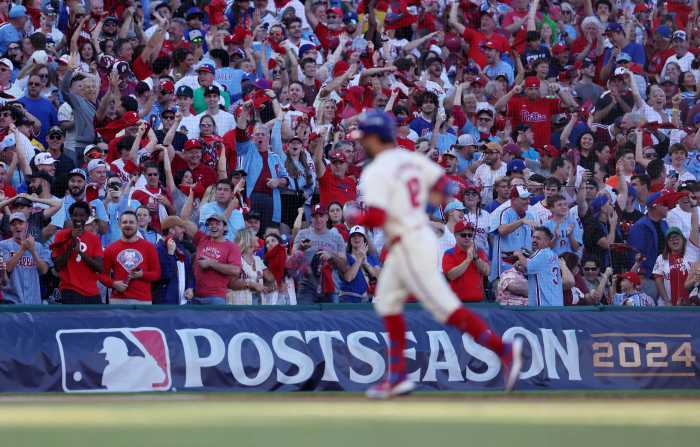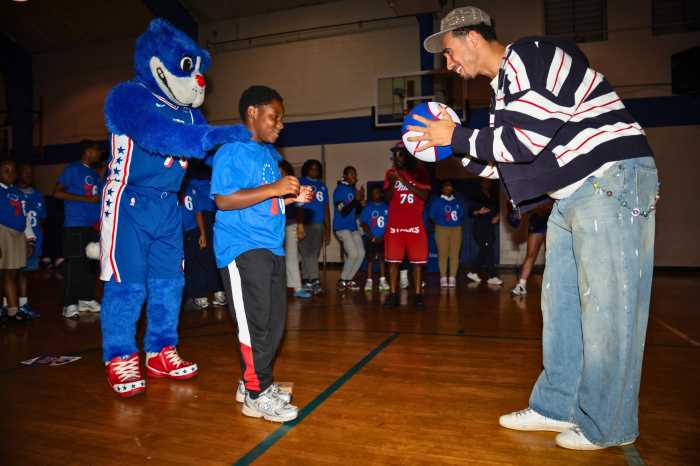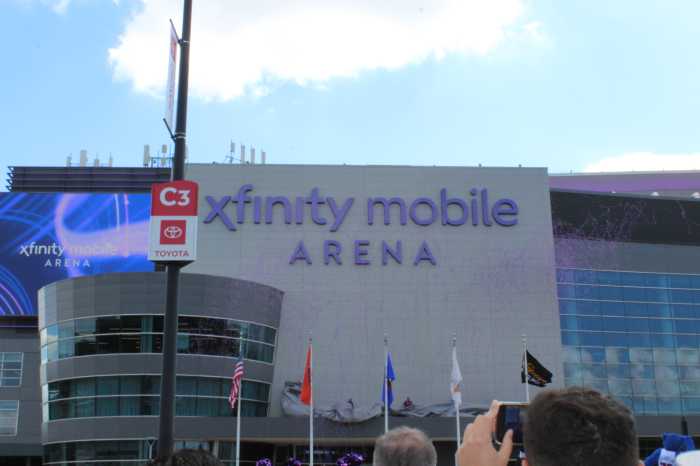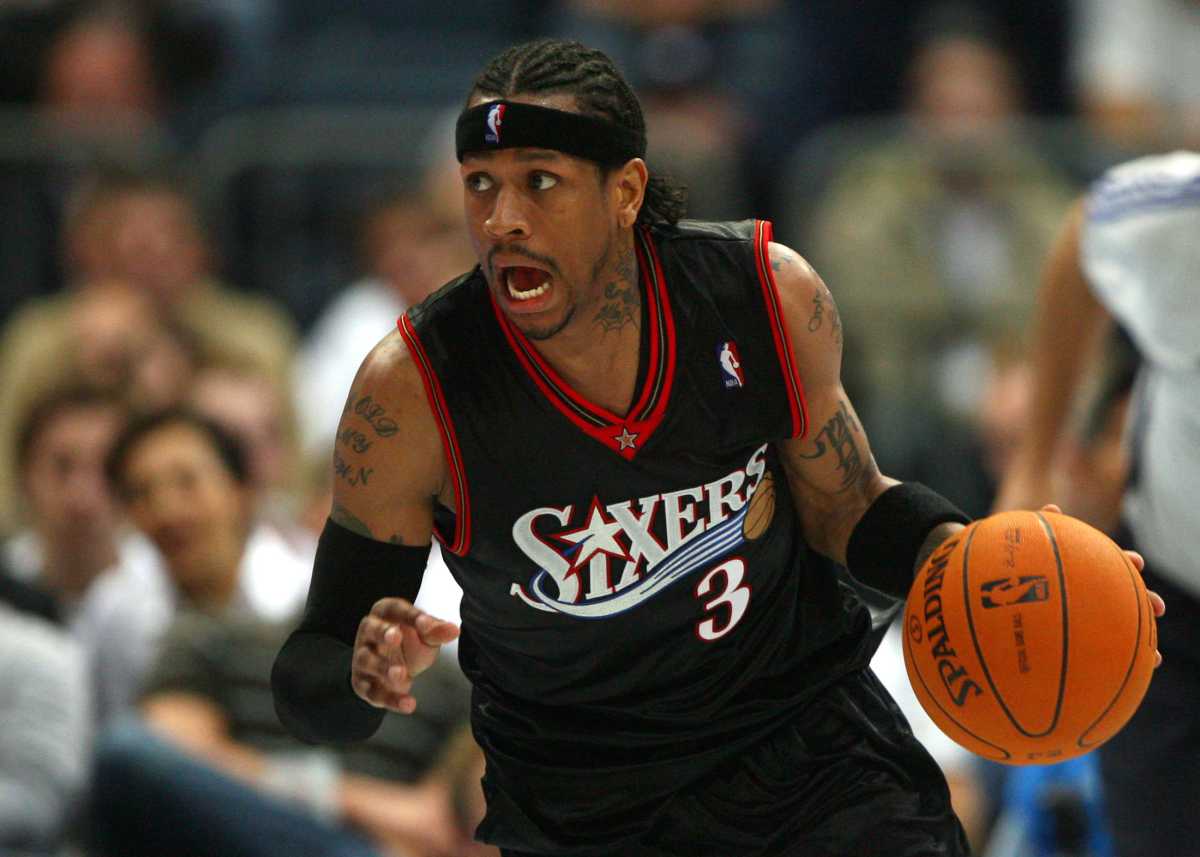After his long-awaited return to the court in a win over the Oklahoma City Thunder on Tuesday night, Joel Embiid stood in front of his locker and spoke to members of the media. Embiid spoke about the game and his performance, but while discussing all that had transpired over the past two months, the oft-humorous Embiid had a very real and vulnerable conversation about mental health.
When asked about what went into his return, Embiid spoke candidly, expressing the difficulty of this recovery compared to past injuries:
“When I have injuries, I just tell myself… get better and then fix it. But this one, it took a toll mentally, being depressed. It was not a good one. So yeah, you know, it’s still not where I’m supposed to be, especially mentally, but I just love basketball, and I want to play, and, you know, any chance that I can be out there, I’m gonna take it.”
Upon hearing the trigger word “depressed,” multiple reporters asked in unison what he meant by those comments.
“For some reason this, this injury was just…” Embiid said. “It was disappointing. It was depressing. Yeah. It took me a while to get over it, and I still haven’t gotten over it. So start taking it day by day, and look at the positive. I’m back, so hopefully, every single day, I try to get better and get back to myself.”
While it’s been a bit more common in recent years, the mental health issues of athletes have often been pushed to the background. A tendency by the public to dehumanize athletes, whether it be due to their celebrity status or whatever other reason, makes it even more difficult for athletes to speak up about their struggles.
It’s rarely easy for anyone to talk about what many still perceive as a weakness. That is especially true with 30 mics and cameras in one’s face. Pair that mental struggle with the physical challenge he went through, and now add little or no privacy to the matter, and it’s doubtful anyone would be envious of his situation.
No one truly knows what another is going through, despite what assumptions they make based on their perception of the other’s life, even if they’re a professional athlete. It’s more often said in jest nowadays, but Shakespeare’s famous line from Henry IV, Part 2, “Heavy is the head that wears the crown,” remains true to this day. Thankfully for Embiid, he does not wear that crown alone.
How did Embiid battle his depression?
The answer was not far from his mind when asked how he battled the emotions that faced him during his midseason recovery.
“Family,” Embiid said, “Just looking at their faces, my wife and Arthur. Waking up every single day and taking him to school, picking him up, playing with him all day. That kind of takes your mind away from everything that’s going on.”
Embiid went on to express the frustration of watching the game from the sidelines or couch.
“Obviously, watching the games at night, you get pissed off because you feel like you could help and could do something,” Embiid said, “but it’s all about family. That’s why I always say basketball obviously means a lot, and I love it. I love playing, and it’s the best thing for me. But my family also comes first. You know, that’s the thing that got me through it.”
Embiid makes it known through action that family is important to him. Those who spend enough time around the Wells Fargo Center will see an assortment of loved ones there to support him on a given night. They will also notice that some of his best performances have come in front of his son, wife, or parents.
While Embiid’s road to recovery is not fully finished, he is well on his way, and Tuesday’s game was a major step forward. With his family behind him, not to mention a rabid fanbase, he will not go through whatever struggles may come his way on his own.



























